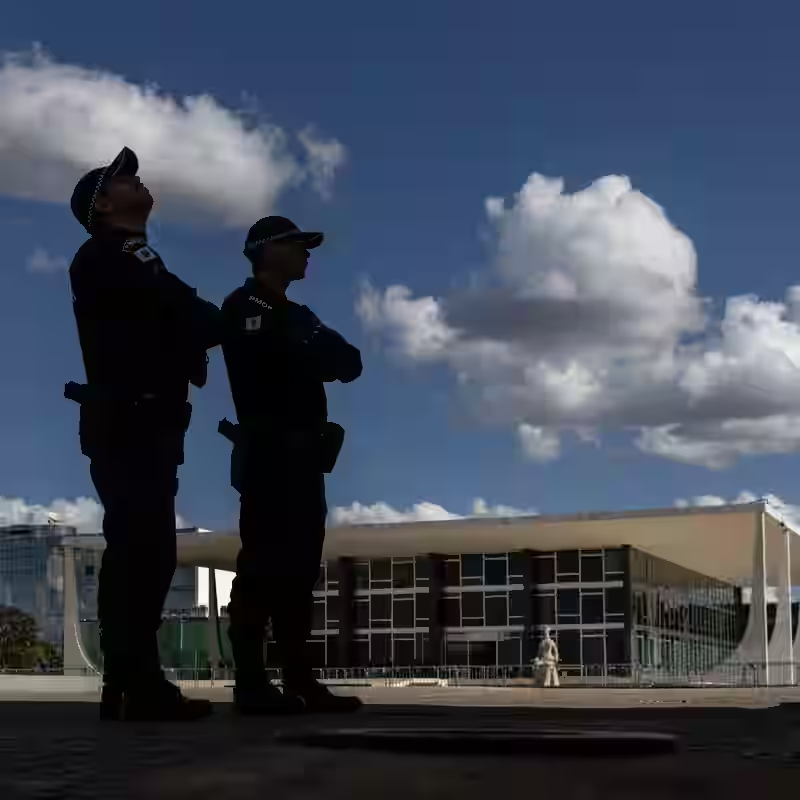The Global Crisis of Judicial Legitimacy
From Brazil to Turkey, France to the United States, courts are facing an unprecedented crisis—not of corruption, but of credibility. As political polarization deepens, even independent judicial rulings are being dismissed as partisan attacks, fueling instability instead of resolving it.
Why Courts Can’t Win Anymore
Independent courts were designed to be neutral arbiters, insulated from public opinion and political pressure. But in today’s hyper-partisan climate, their decisions—no matter how legally sound—are increasingly seen through a political lens. The result? Court verdicts that once healed divisions now ignite protests, deepen mistrust, and sometimes destabilize entire democracies.
Global Snapshot: High-Profile Cases Sparking Backlash
| Country | Case | Public Reaction |
|---|---|---|
| Brazil | Jair Bolsonaro sentenced to 27 years for coup plotting | Mass protests; lawmakers push for amnesty |
| Turkey | Istanbul Mayor Ekrem Imamoglu arrested on terrorism charges | Opposition calls it a “coup against democracy” |
| France | Marine Le Pen barred from 2027 election over embezzlement | Supporters claim “democracy has been executed” |
| United States | Trump court cases widely viewed as political | Public trust in judiciary drops to 35% (record low) |
The Paradox of Justice
As political scientist Ivan Krastev explains, voters now see every election—and every court ruling—as existential for democracy. This mindset turns legal judgments into political flashpoints, regardless of judicial independence.
Infographic: Decline of Trust in Judicial Systems (2015–2025)

Public confidence in courts has plummeted globally, even in nations with historically strong judicial independence.
A Dangerous Balancing Act
Some experts argue courts must now consider the societal impact of their rulings—especially when convicting popular political figures. But others, like retired U.S. judge Nancy Gertner, warn this opens a “very troubling slippery slope” toward politicized justice.
Key Takeaways
- Courts are no longer seen as neutral—even when they are.
- Legal rulings against political leaders often deepen polarization.
- Democracies may need new mechanisms to preserve both justice and stability.
Related Topics
Explore more on [INTERNAL_LINK:democratic backsliding], [INTERNAL_LINK:judicial independence], and [INTERNAL_LINK:global polarization].




